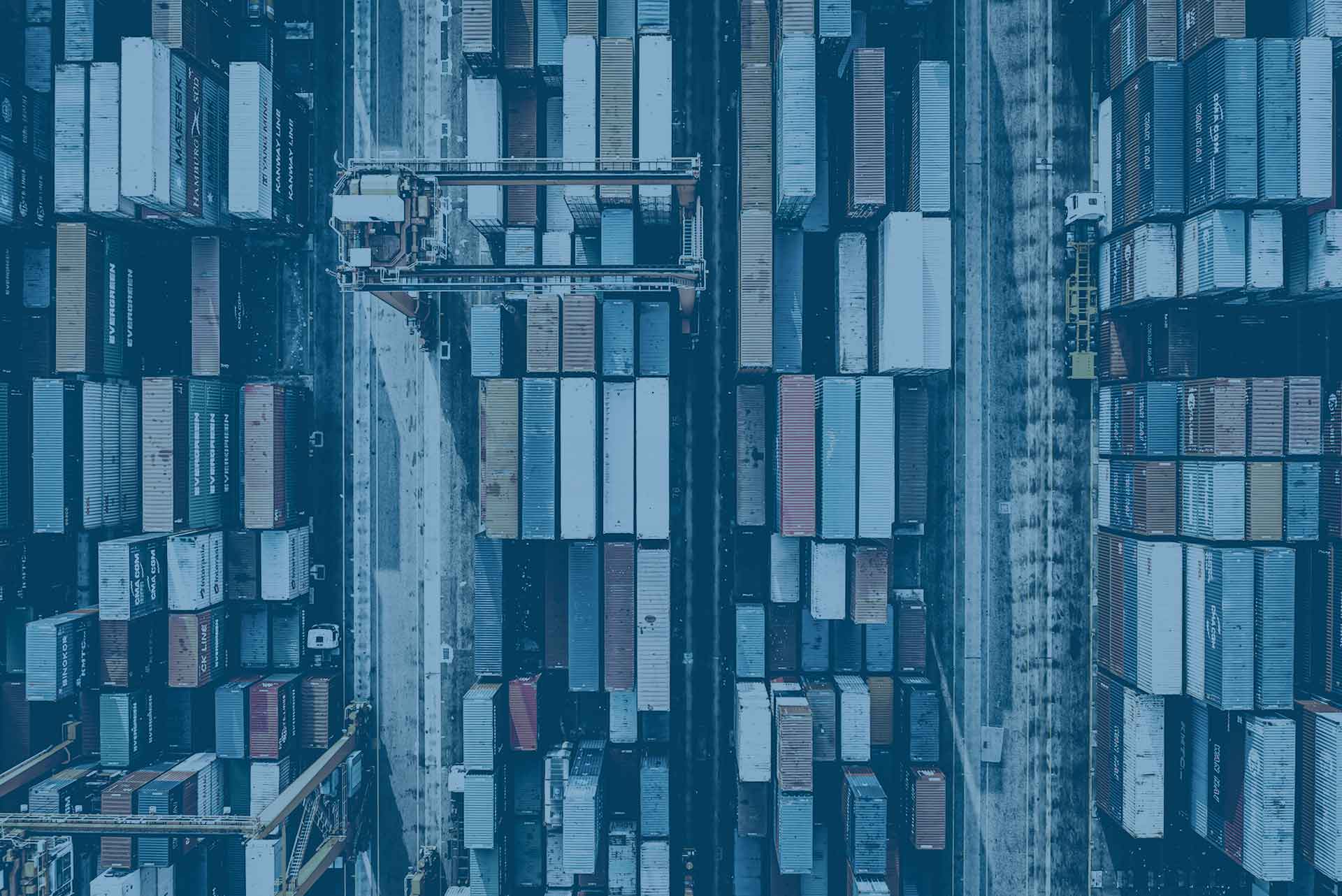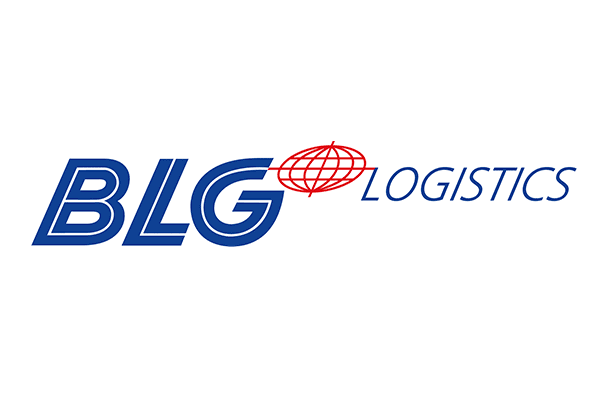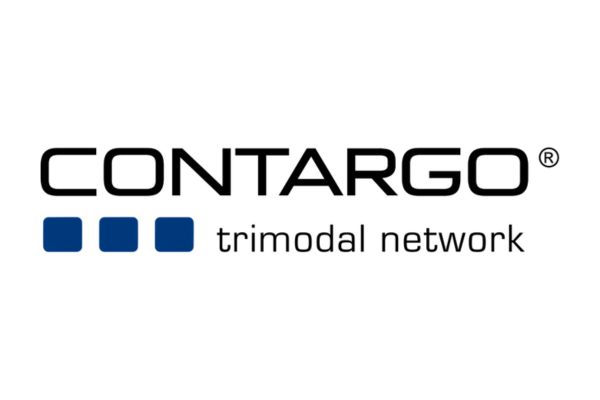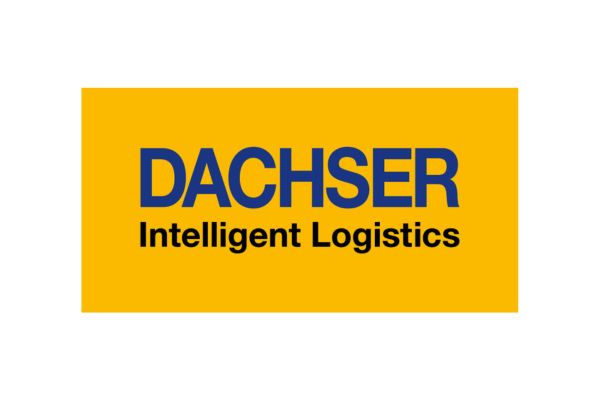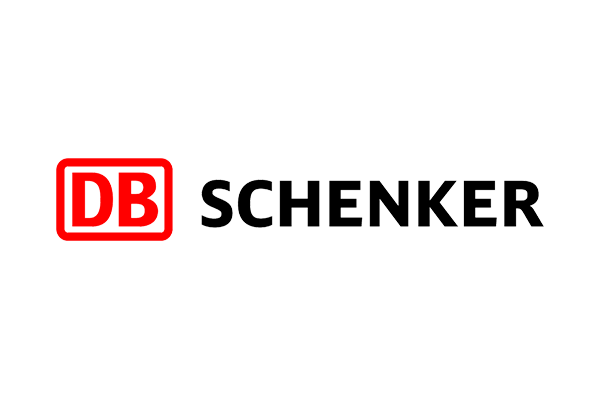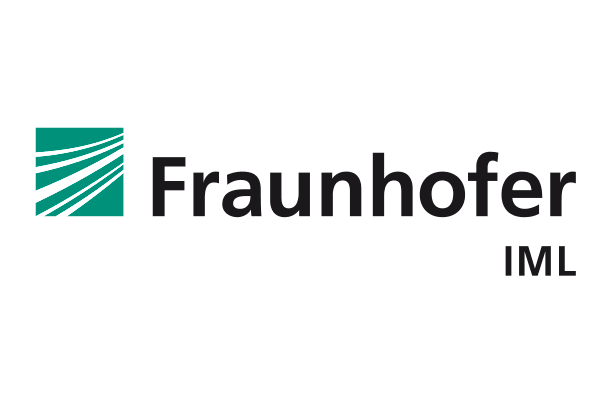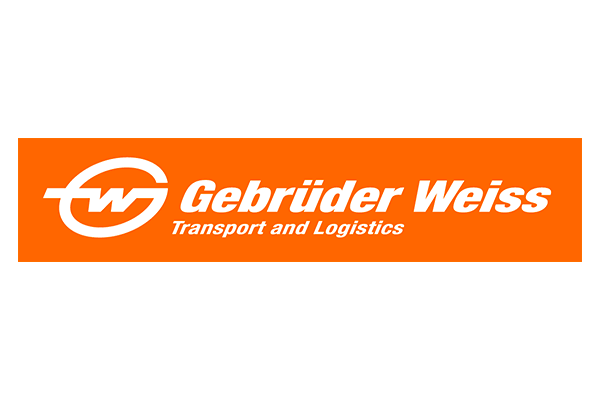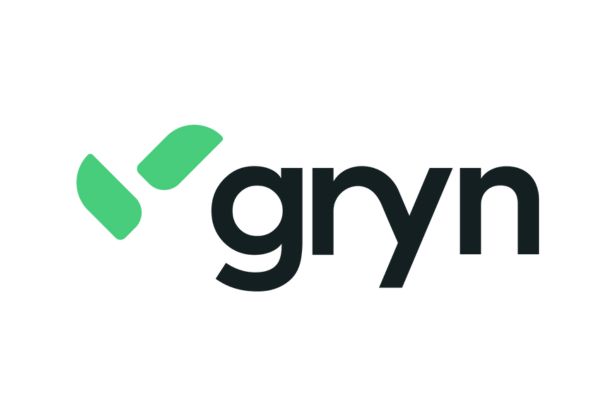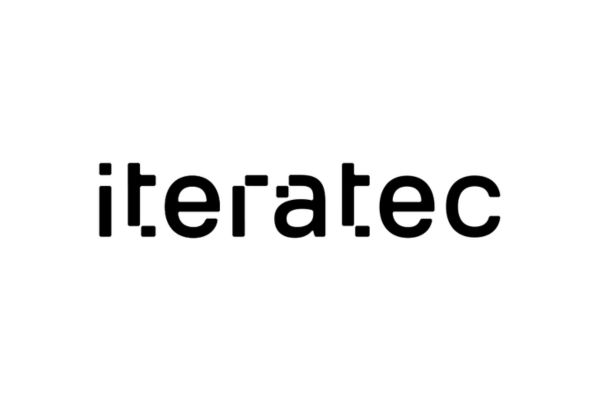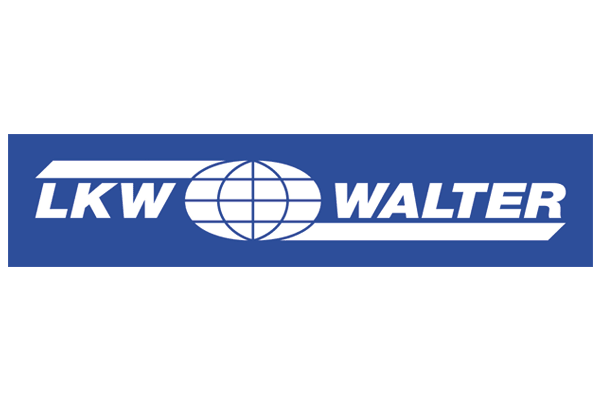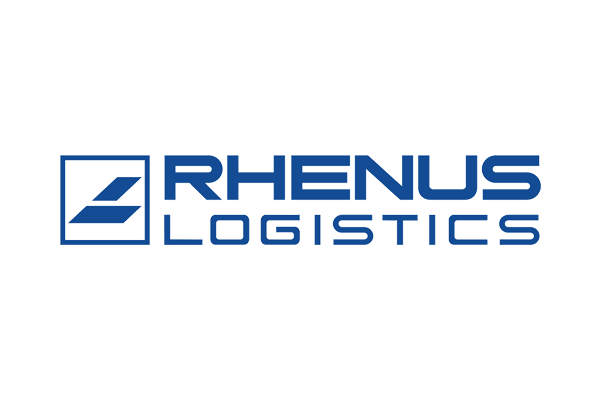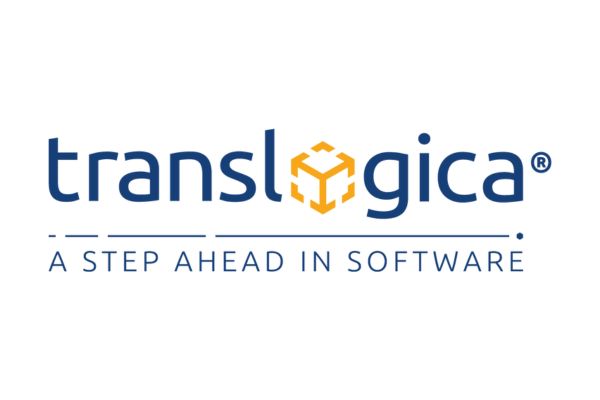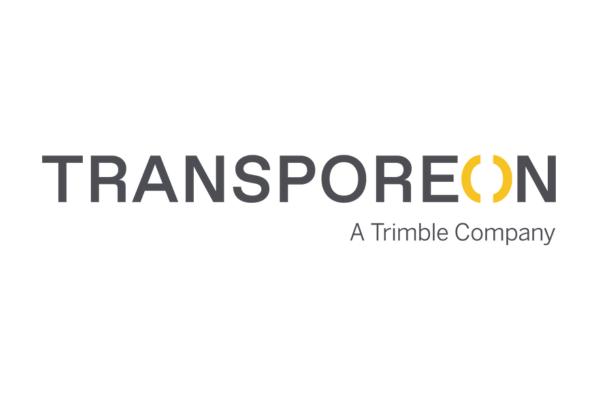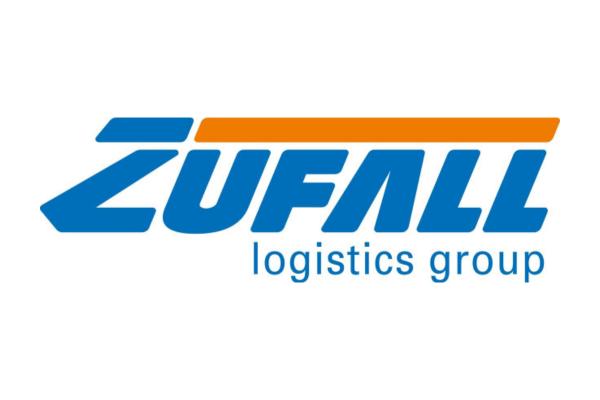Sustainable Logistics.
From everyone for everyone.
Mission of WG Enabling Logistics Decarbonisation
 According to the International Transport Forum, demand for freight transport is expected to almost triple by 2050. Freight transport and logistics account for eight to ten per cent of global greenhouse gas emissions. At the same time, awareness of the need to implement sustainability measures across the entire supply chain has risen sharply among the players in the logistics industry in recent years. Stricter legal requirements and consumer behaviour underline the importance of sustainable solutions for logistics.
According to the International Transport Forum, demand for freight transport is expected to almost triple by 2050. Freight transport and logistics account for eight to ten per cent of global greenhouse gas emissions. At the same time, awareness of the need to implement sustainability measures across the entire supply chain has risen sharply among the players in the logistics industry in recent years. Stricter legal requirements and consumer behaviour underline the importance of sustainable solutions for logistics.
After years of voluntary commitments, it is the logistics service providers who are currently working towards implementing standards. The goal of all players is greener or zero-emission logistics, which will enable the climate targets associated with the Paris Climate Agreement to be achieved. Logistics service providers associate sustainable logistics with competitive advantages, while logistics IT companies see a new business model.
However, many measures are difficult for individual companies to realise. They can and must be developed and implemented through cooperation and collaboration in logistics. Numerous successful examples of sustainability in logistics exist: in recent years, Smart Freight Centre, a Network Partner of the Open Logistics Foundation, has developed the GLEC Framework, a globally recognised calculation method for greenhouse gas emissions in logistics. Together with the industry, particularly manufacturers and shippers, they made it binding by the ISO 14083 standard.
Cooperation and collaboration between companies across several countries and the entire supply chain offer enormous opportunities for implementing sustainability measures. Against this backdrop, the Working Group Enabling Logistics Decarbonisation has set the following priorities:
- Promoting sustainable logistics
- Promoting decarbonisation in the logistics industry
- Implementation of de-facto standards
- Realisation of joint open source implementations
- Establishing harmonised solutions along the entire supply chain
Members
Projects
Emissions Data Exchange
People in charge of the WG Enabling Logistics Decarbonisation
If you are interested in joining the Working Group, or if you have any questions related to the group’s activities, please contact:
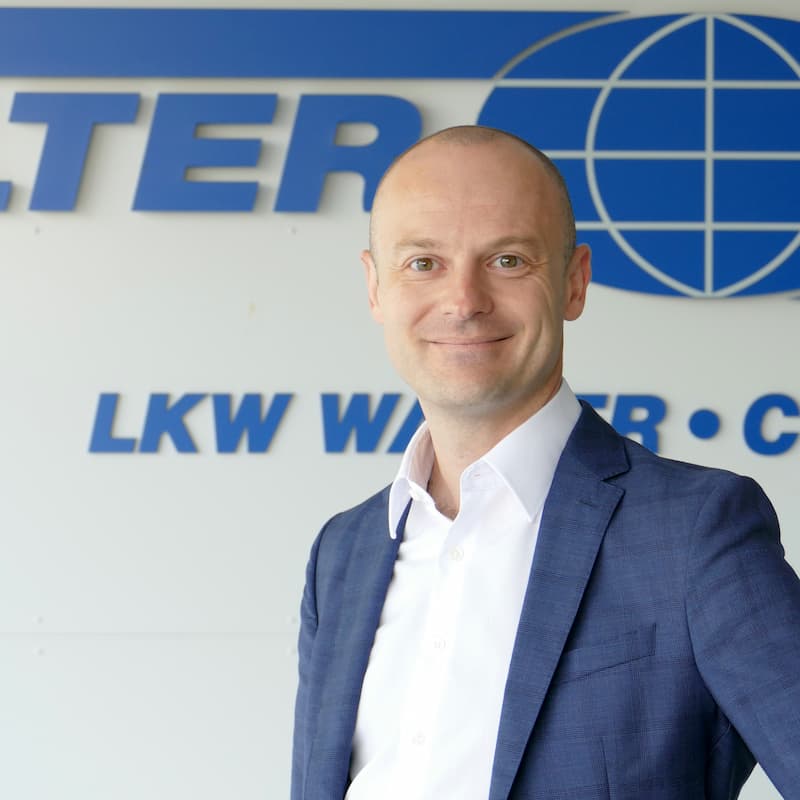
Contact
Justin Lemmens
SHEQ-Manager
LKW Walter

Contact
Nathalie Böhning
Innovation and Project Manager
Open Logistics Foundation
Regular Meeting:
every fourth Thursday of the month from 11 – 12
If you are interested to see how we work in the working groups you can visit one of the regular meetings. Please contact us and we will help you with further information.

Today, solutions for greater sustainability are created in a network: by working together and using open source software, we are creating greener logistics.
Justin Lemmens, Manager for Safety, Health, Environment and Quality (SHEQ) LKW Walter

